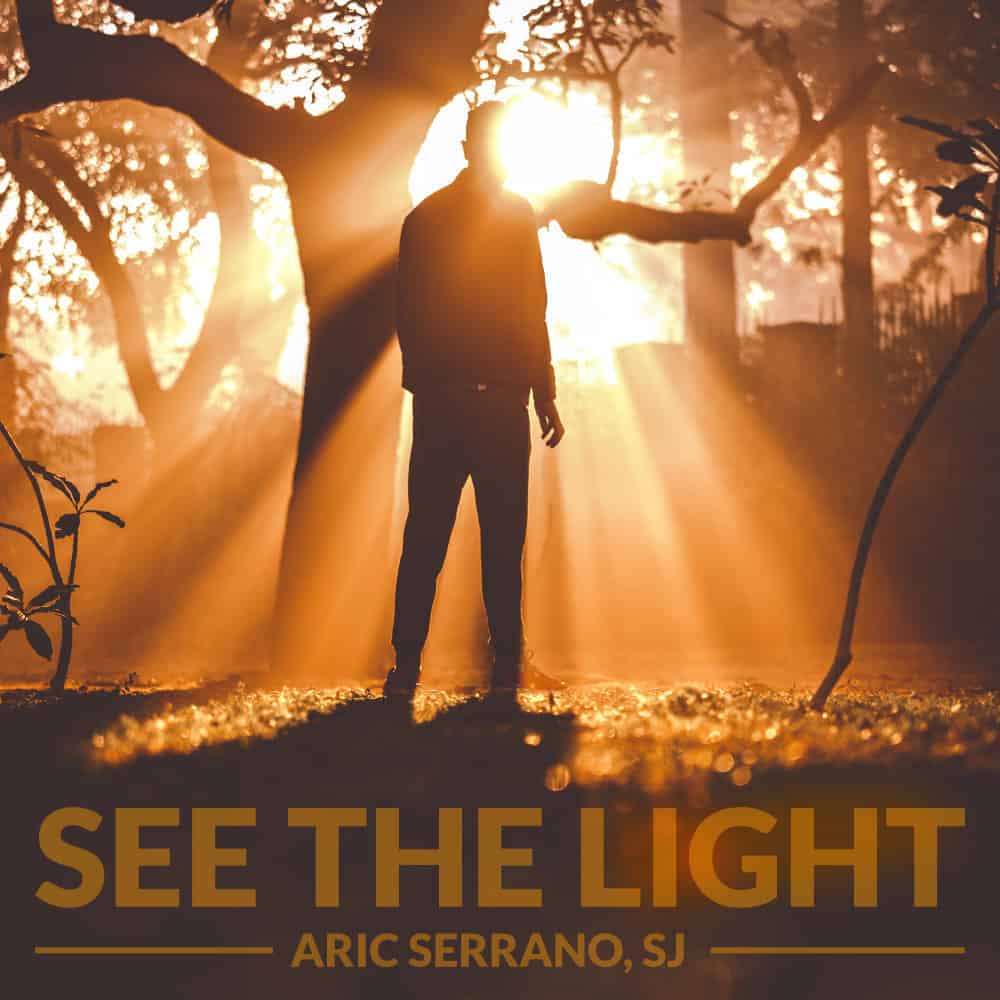When I was on the thirty day retreat, I woke up to something that I had been implicitly denying: Jesus loves me. It may seem comical to sit in silence for thirty days and realize this piece of third grade theology. But I didn’t just know it, I felt the truth of it through the silence. This moment of “seeing the light” has radically changed how I live my life.
Ignatius of Loyola had a “see the light” experience after being injured fighting the French. As he healed, he read about Christ and the saints. As he read, something changed in him; he desired the freedom that they possessed. This clearly affected him, as his autobiography remarks: “His brother and all in the house recognized from what appeared externally how great a change had taken place in his soul.” Ignatius himself would say that he still had much to learn in the spiritual life. Nonetheless, he gave up his life of lower nobility to pursue a poor life following Christ. He saw the light of God calling him to a new direction. As he journeyed, growing in his vocation, he had a deepening sense of freedom. Ignatius and companions originally wanted to live and die in the Holy Lands, but the circumstances of the time prevented this. They listened to where God was calling them in light of this, and decided to put themselves at the disposal of the pope. This hints that one’s vocation also goes beyond one’s self: it is linked to the lives of others.
The romance of Aeneas and Dido from Virgil’s Aeneid demonstrates “seeing the light” in a dramatic fashion. Aeneas, sailing to found Rome, is blown off course by a storm and is hosted by Dido, the queen of Carthage. They fall in love and spend much of their time indulging in their passions for one another while also neglecting their respective duties. A divine spark wakes up Aeneas: Jupiter sends Mercury to remind him of his calling to found Rome. Aeneas was commanded to put aside his life with Dido:
As the sharp admonition and command
From heaven had shaken him awake, he now
Burned only to be gone, to leave that land
Of the sweet life behind.
He was called to something else and he tried to explain to Dido that he had to leave: “Please, no more of these appeals that set us both afire. I sail for Italy not of my own free will.” Aeneas changes direction in life, the “light” from above had rattled him and he “burned to be gone” from Carthage. He breaks off his relationship with Dido in order to fulfill his calling. We ought to be careful not to read this as Aeneas literally having no free will; Aeneas had defied both Hector and Venus, demonstrating his agency. Rather, the spark of his conscience and his responsibilities demanded that he give up the passionate life he had with Dido. His calling extended well beyond just Dido and himself.
This may shock and disturb us, leading us to ask many questions: Does a calling limit one’s freedom? Does a calling mean we have to choose between competing goods? Is a calling actually just a projection of one’s self or a manipulation from a more immanent source? “Seeing the light” means realizing one’s calling is connected to living a truly free life.
This has been unfolding for me in my own life as I approach ordination to the priesthood. The spark from the Long Retreat in the novitiate has deepened for me throughout Jesuit formation. As I discerned my call to the Society, I was hesitant because of the vows: I have to give up raising a family? Give up earning my own money? Give up my own autonomy of coming and going as I please? Where is freedom in that? All of those things are good, but God was asking something else of me as I discerned through prayer. I have been in Jesuit formation for over nine years now and the light in my vocation has slowly grown brighter. There have been challenges, the vows are not easy to live. The solitude of prayer, the love of those around me, and working in ministry that have confirmed my vocation to the Society. I love the vows and realize that they have given me freedom.
Jesuits are asked to write a letter petitioning for ordination, typically, in the ninth year of formation. The letter details how God has worked in the man’s life, leading to the call of the priesthood. Reflecting on the question had me reliving moments of the Long Retreat in the present: I feel Jesus’ love for me, I hear him calling me to this vocation, and I want to respond. Reliving this light served as a creative muse for me in writing music. I found the vocals “I want to see the light” looking through samples and knew immediately that I wanted to write a song based on it. It was also a creative exercise in using a sampler for vocal chops, using vocoders, reverbs, delays, and such, to create something that mimics the adventure of seeing the light and following it.


